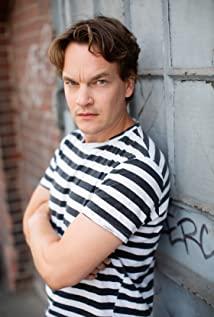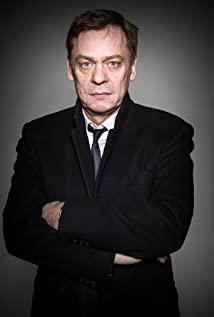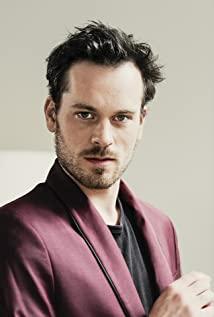The Reader evaluation action
-
Gloria 2022-03-23 09:01:33
I thought I forgot, but I was reminded every moment, even after many years, this is still a secret that belongs to me alone, even you don't understand
-
Constantin 2022-04-24 07:01:04
Think of the beautiful legends of Sicily
The Reader quotes
-
Michael Berg: I'm aware I was difficult. I wasn't always open with you. I'm not open with anyone.
Julia: I knew you were distant. You know, I always assumed it was my fault.
Michael Berg: Julia. How wrong can you be.
-
Michael: I brought you these flowers. To say thank you.
Hanna Schmitz: Put them over there in the sink.
Michael: I would've come earlier but I've been in bed for three months.
Hanna Schmitz: You are better now?
Michael: Yes, thank you.
Hanna Schmitz: Have you always been weak?
Michael: Oh no, I've never been sick before. It's incredibly boring. There's nothing to do. I couldn't even be bothered to read.











